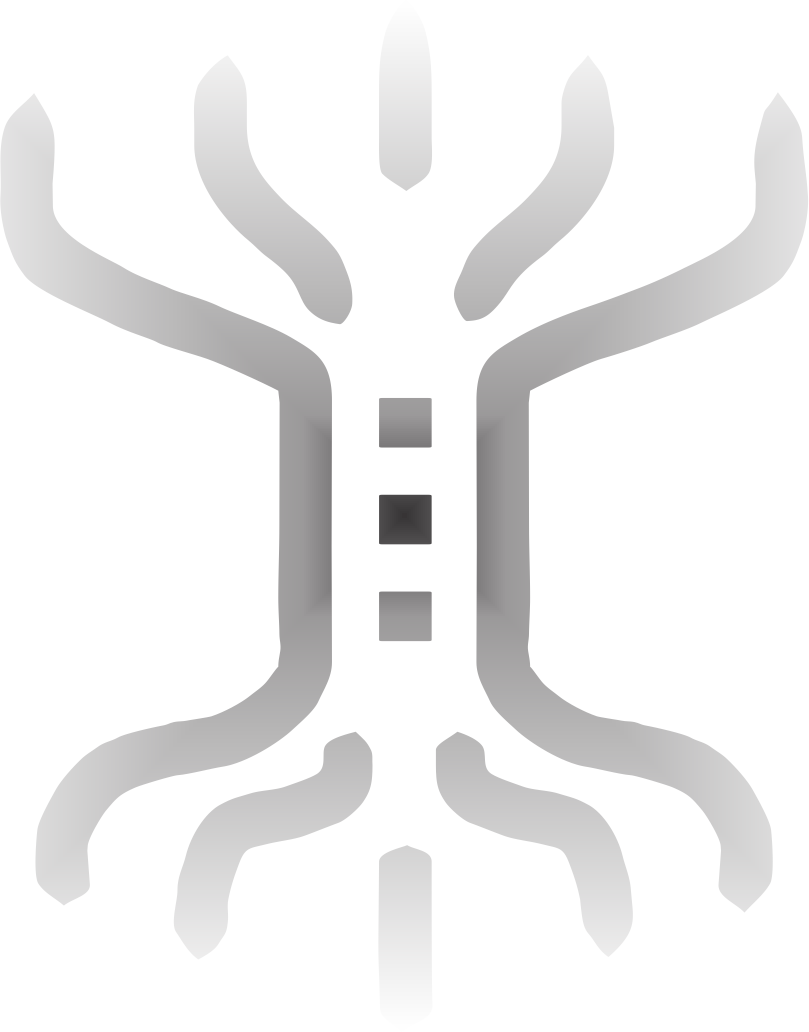

SUN RING
2341 CE
The year was 2341. As usual, waves of apocalyptic fervor washed through the world of humankind. Every age is its own center, its own greatest crisis, its own end and beginning, its own threat and promise; this age throbbed with the same narcissistic fevers that every age has claimed as its own and unique, the same fevers that fade and are forgotten whenever new ones rise. Yet much had come new.
An expanding China had welded many nations of Eastern Asia – China, Mongolia, Japan, Korea, Vietnam, even sections of Siberia – into a mighty commercial combine that transcended government and the rule of law: the Hau Ren, or, very roughly in the telescoped Sinese language they all now shared, ‘Good Man’. Hau Ren now sprawled restless across interplanetary space, from the Pedestal of Western China’s desert up and out to Mars and beyond, where the Sun Ring defined humankind’s outermost boundaries. In the Sun Ring, from Mars to the moons of Neptune, Hau Ren ruled, under its self-extended Mandate of Heaven.
The rest of the peoples of Earth had colonized the Moon, and sent tentative missions toward Venus, but for the most part remained on Earth itself. Earth had grown crowded, and the crowd was busy.
Nationhood had burned out. Governments, growing less and less able to tax and control, had slowly given ground to the multinational companies, privatizing the basic functions once managed by governing officials: roads, sanitation, emergency services, communications, security, health, education, even law.
Religions had melted together under the transforming heat of a quickening world civilization, to become little more than the jettisoned impurities of humankind; now, God had one name in all voices, and many synonyms in any voice, and myriads of believers and unbelievers.
Dissent had found its own home in a privatization of opposition that was in itself multinational. Now terrorism, the final weapon of dissent, meted itself out through clandestine shadow organizations existing as parasites on the multinational combines themselves. Many employees led multiple lives, and some few washed company blood from their hands in the company washrooms.
Music had become a universal tongue, mingling timbres and rhythms and melodies from everywhere in a hardy bastardy of cross-fertilization so rich and potent that it underspoke every social setting, from the most intimate and tranquil to the most boisterous and brilliant, from caressatine to apocalypso.
The human gene pool, so long islanded by fear and conflict, took the same path as the music, generating vast variation that maintained the balance in the unending symbiosis with microbes, overcoming the subviral plagues that greeted the early stages of the common-era second millennium.
The vast threats of global conflict and ecodestruction had sunk gradually to a sullen mottling of tantrum vindictiveness and toxic spill, sparking occasional nuclear exchanges and biowarfare that quickly sputtered out in the instant retaliatory hosing of world outrage. War of any kind no longer made sense on Lifeboat Earth. Vicious leaders quickly found themselves sentenced and hunted across the Solar System to face, finally, their own assassinations.
All in all, the world had been made new; but humankind, aspiring and rising to the novelty of a global and interplanetary civilization, had risen to embrace the novelty’s evils as well as its blessings.
Apocalypse held its perpetual sway.

